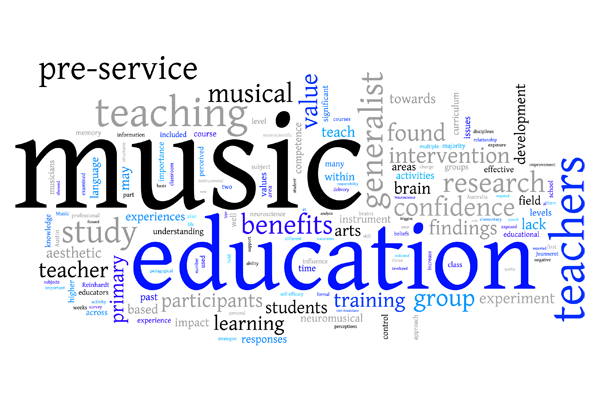International Journal of Education & the Arts | |
Volume 15 Number 5 |
September 2, 2014 |
Neuroscience, Music Education and the Pre-service Primary (Elementary) Generalist TeacherAnita CollinsUniversity of Canberra, Australia
Citation: Collins, A. (2014). Neuroscience, music education and the pre-service primary (elementary) generalist teacher. International Journal of Education & the Arts, 15(Number 5). Retrieved [date] from http://www.ijea.org/v15n5/.Abstract For three decades, research on training in music education for pre-service primary (elementary) generalist teachers has consistently highlighted four main issues that limit its effectiveness: 1) the influence of past experiences; 2) a lack of confidence 3) a lack of musical competence and 4) limited time to address these issues in teacher education courses. These issues have been addressed through different pedagogical approaches that have been largely based on the aesthetic (intrinsic) value of music education. The study reported in this paper aimed to advance this field of research through a pedagogical approach that combined both aesthetic (intrinsic) and utilitarian (instrumental) values of music education. Pre-service generalist primary teachers were exposed to the neuroscientific research findings during a teaching intervention to explore if a combination of aesthetic and scientific justifications affected the value they placed on music education and their confidence and competence in teaching music. The study found that exposure to the broader benefits of music education to brain development heightened levels of confidence, commitment and responsibility for the delivery of effective music education.
Visual Abstract
|

